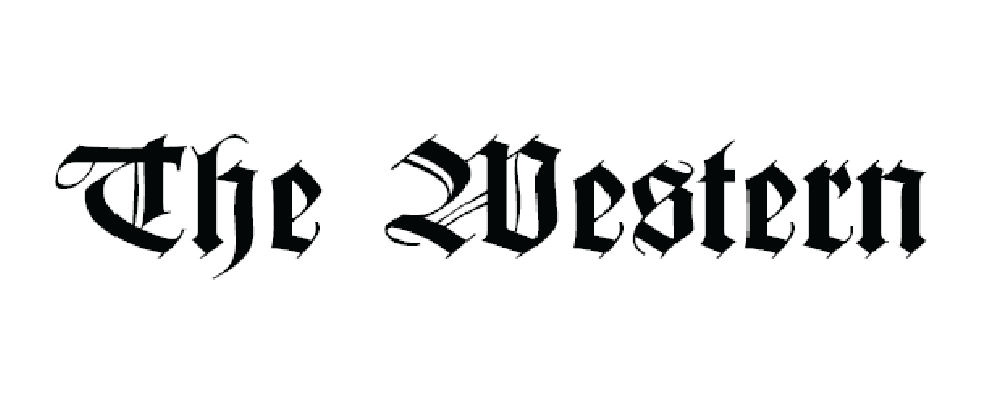BEYOND THE LAWN
‘This was my garden back home.’ (Image credit: @tfidss)
Primary school days usually consisted of battling it out in the handball courts, scabbing someone else’s lunch and zoning out in class. By the time the final bell rang to signal home time, I’d be keen to get home and catch whatever was showing on ABC3.
I’d often be met with disappointment upon seeing that my dad had finished work early for the day, and beat me to the TV. He’d sit there with his apple slices, watching ‘The Bold and the Beautiful’. What is up with ethnic parents and soap operas? Not quite the ‘Total Drama Island’ I’d been looking forward to watching, but there was always the second choice. “Hey!” he’d call out, “don’t you have homework to do?” I’d race to the backyard before he could question me further.
Our garden was lush with flora my dad had planted over our years of living here. The gum tree we had planted in the middle of the yard in the summer of 2011 was growing painfully slow in comparison to the wild to the overgrown bush of stevia and parsley huddled up in the corner of our backyard. To the left of the yard were two rows of taro, standing hunched over, surrendering to the weight of their own leaves.
Growing up, I recall being flooded by images in picture books and television ads, of the flawless smile of your local token elderly woman in a floppy straw hat, decked out in beige Miller's pants; it really made me believe gardening was a hobby possessed by the elderly.
Hence, the act of my father tending to our garden never really meant much to a twelve-year-old me. But ruminating on it now, as the twenty-year-old daughter of an immigrant who only ever had dreams to see his kids do their best and to return back home to Samoa, it became clear to me that for my father, gardening was a reminder of home and connection to lost memories.
Being cooped up together during lockdown gave my dad the chance to work on his garden without distraction and me, the opportunity to cause some distraction.
“It was my grandfather who taught me all this stuff when I was a kid. He taught me a lot about how to build and how to grow things and why it’s important to take care of the land you’re on,” Dad tells me while watering his garden in his faded Lowes slippers.
The Infamous Lowes slippers. (Image credit: @tfidss)
“I spent weeks up in the mountains working in the family plantation alone instead of going to school. There were a lot of nights spent alone up there - that feeling of being connected to your surroundings is something else. It’s what home really feels like. I don’t get that here [Australia].” he adds.
Thinking about it now, there is a level of disconnection when Western society depicts gardening and I wonder if unyoking the significance between nature and humans in our society has bled into more important social issues like climate change.
Over the past decade, western media has had no problem stressing to us about the disasters of climate change but yet neglects its own responsibility in how they have whitewashed the act of caring and respecting the land beneath us.
Amid some of the worst bushfire and drought seasons we had here in Australia throughout the 2000’s the media was and still is prioritising marketing the aesthetics of gardening to those rich white folk who only deem it as a luxuruous hobby and nothing more. And this has Inevitably done us some damage.
Especially with the IPCC recently releasing their latest climate change report, confirming fears of temperatures set to soar to “1.5 degrees Celsius above pre-industrial levels,” within a decade.
So while I try to remind myself that such a versatile hobby doesn’t belong to a certain demographic as the earth turns up the pressure cooker, I look to my dad who is turning over the earth with our rusty shovel and I realise I should probably give him a hand before this interview turns into a lecture.


